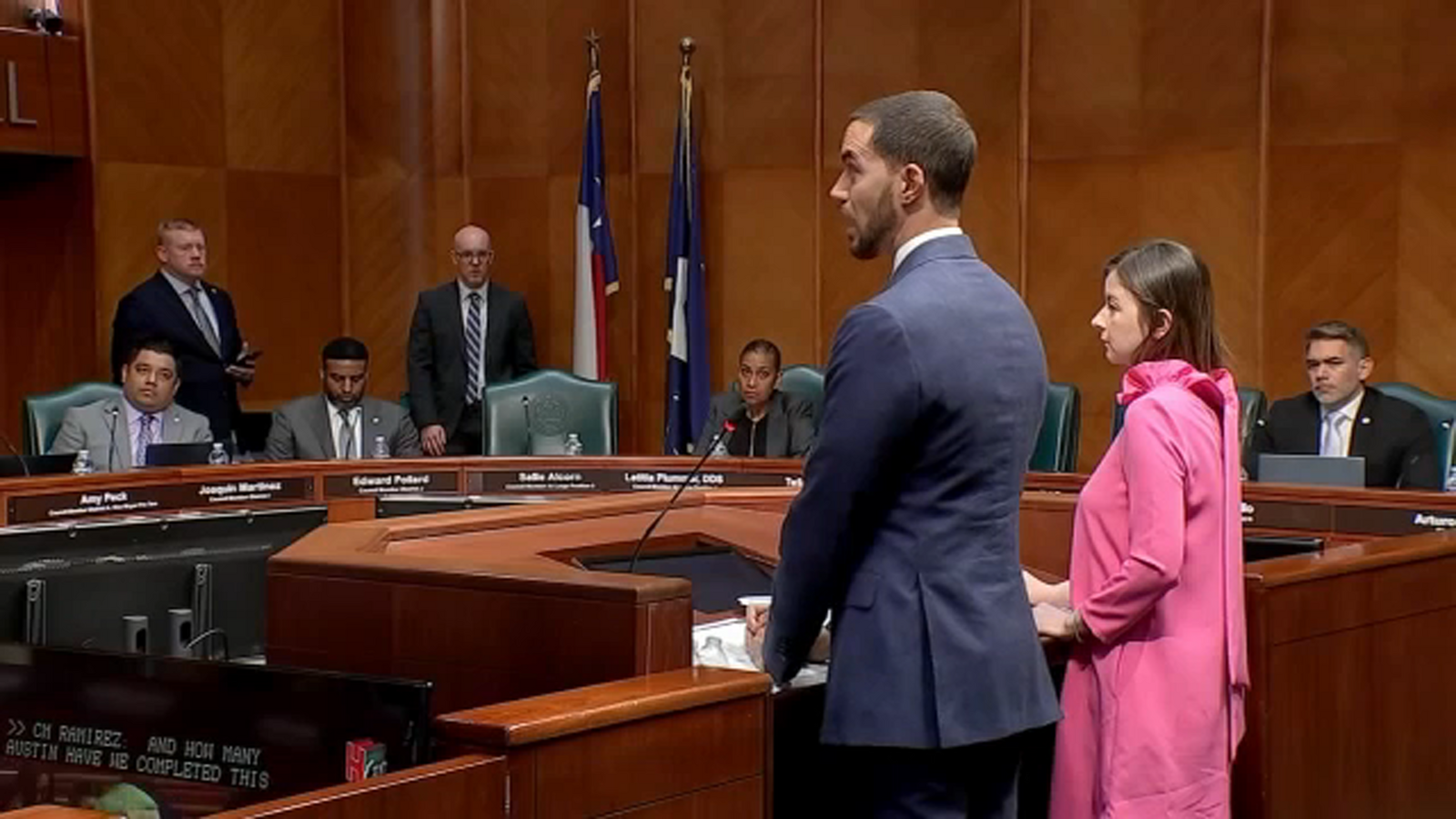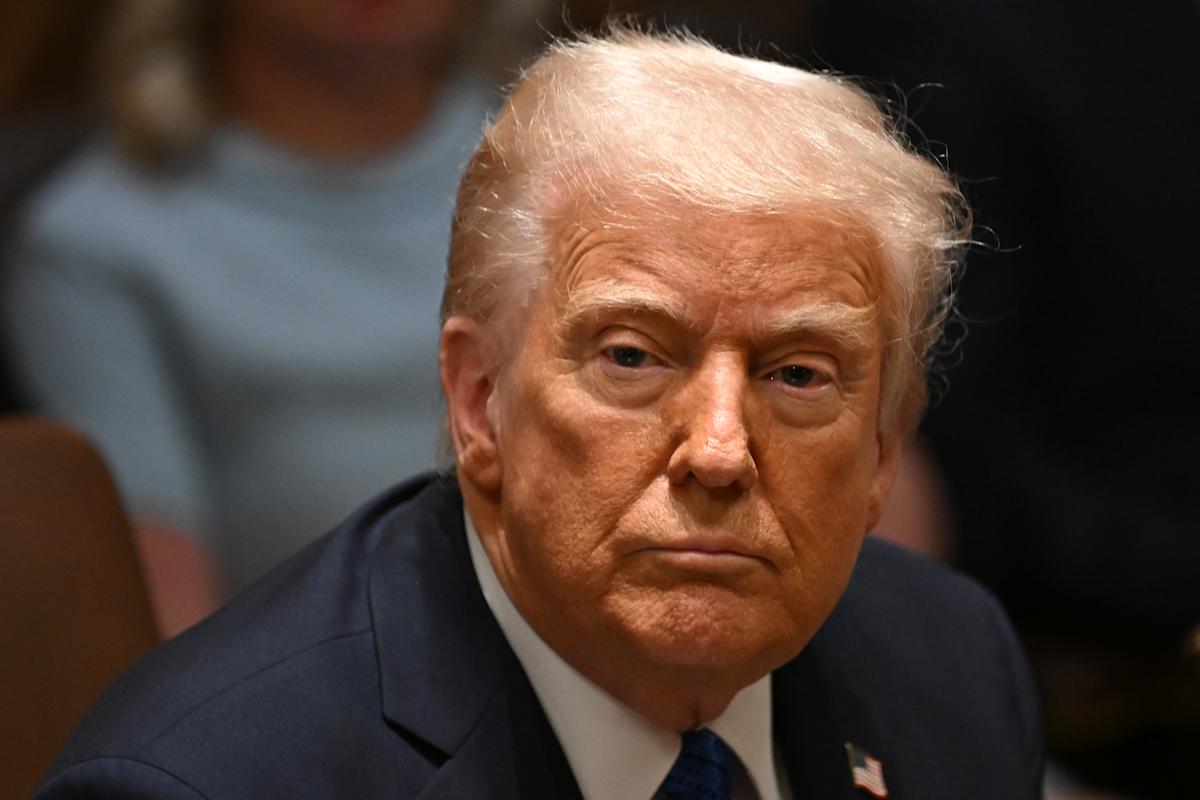Global Economic Showdown: G-7 Leaders Set to Clash Over China, India's Oil Sanctions and Trade Tensions

In a high-stakes diplomatic move, finance leaders from the world's most powerful economies are set to convene in a critical virtual meeting this Friday. The Group of Seven (G7) ministers will strategize on potential economic measures targeting countries continuing to purchase Russian oil in the wake of ongoing global tensions.
Sources close to the discussions reveal that India and China are under scrutiny for their continued oil trade with Russia, despite international pressure. The proposed secondary sanctions could significantly impact global economic dynamics and trade relationships, signaling a coordinated effort by Western nations to exert economic pressure.
The upcoming call represents a pivotal moment in the international community's response to Russia's geopolitical actions, with financial diplomacy emerging as a key tool in navigating complex global challenges. As tensions continue to simmer, the G7's potential sanctions could reshape international trade patterns and economic alliances in the coming months.








